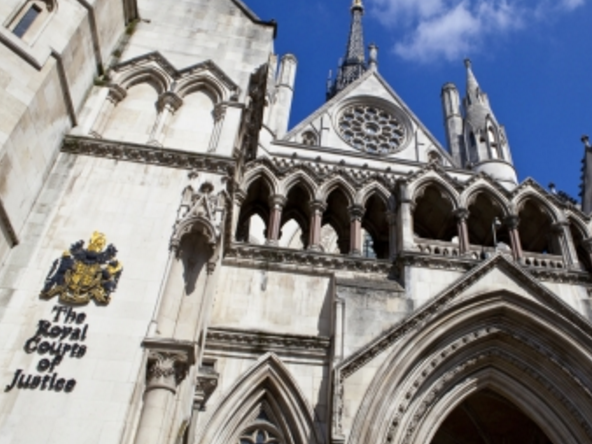
The publisher of the Mirror titles and the Sunday People has failed in a Court of Appeal bid to ensure confidential sources are protected in the disclosure of call records as part of phone-hacking litigation.
Mirror Group Newspapers applied to the High Court in March last year to amend the “early disclosure” regime, which means it must provide phone-hacking claimants with call data in relation to them and four nominated friends or family members, known as associates.
Mr Justice Mann dismissed the case, saying the regime was “very important to the just and proportionate disposal of cases” and that the call data was “of great significance in the litigation”.
MGN, which took the case to the Court of Appeal last month, wants claimants to seek proof of consent from their associates before it hands over call data to reduce the risk of identifying confidential sources.
Alex Wilson, a solicitor for MGN, told the High Court last year that an issue had arisen in the case of one phone-hacking claimant.
Wilson said call data relating to an associate of the claimant would clearly reveal that person as a confidential source as it “demonstrates the extensive contact and communication” between them and Mirror journalists.
He added: “For obvious reasons we cannot provide further details so as to avoid the risk of revealing the identity of that source.”
He also said that MGN was “unable to justify resisting disclosure” in an individual case as it would run the risk of identifying the source through the small pool of associates chosen by that claimant.
James Heath, lead solicitor for the claimants, told the court that MGN’s proposed variation of the order, requiring consent from associates, would be “unworkable and onerous”.
Lord Justice McCombe, Sir Ernest Ryder and Lord Justice Floyd unanimously dismissed MGN’s appeal last week.
They found that Mr Justice Mann had not failed in conducting the balancing test required under Section 10 of the Contempt of Court Act 1981.
The act says: “No court may require a person to disclose, nor is any person guilty of contempt of court for refusing to disclose, the source of information contained in a publication for which he is responsible, unless it be established to the satisfaction of the court that disclosure is necessary in the interests of justice or national security or for the prevention of disorder or crime.”
The judges said the case was presented to Mr Justice Mann last year in such a way that “the risk of identifying the source was an unavoidable by-product of the requirement that the call data should be disclosed.
“In those circumstances, the judge was entitled to weigh the public interest in the ability of the multiple claimants to assess and prosecute their claims with the benefit of the call data against the public interest in protection of the identity of the source.”
The judges added that it is important to note the early disclosure regime had already led to hundreds of cases being settled by giving claimants “what they need in order to assess the strength of their respective cases at an early stage”.
There are around 100 cases still in the pipeline, and only one in which disclosure causes a potential source protection issue, they pointed out.
Email pged@pressgazette.co.uk to point out mistakes, provide story tips or send in a letter for publication on our "Letters Page" blog
